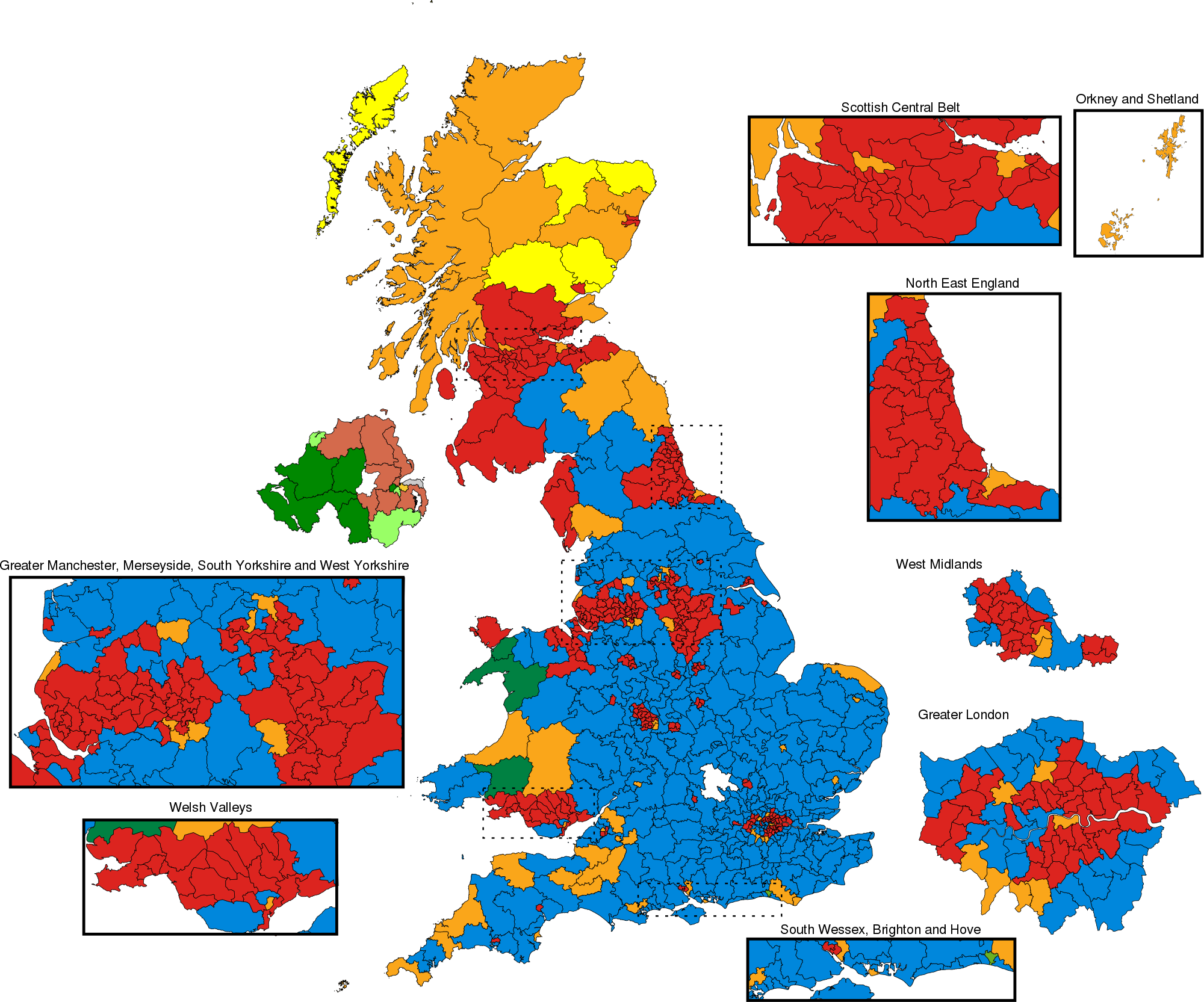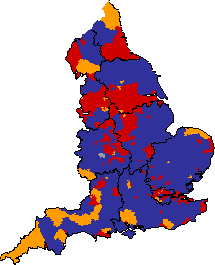Some years ago in a time BTC (Before The Crash), a group of
us wrote a booklet entitled Feelbad
Britain. (Available at http://www.hegemonics.co.uk/docs/feelbad-britain.pdf).
It received mild interest and then passed into the oblivion reserved for small
political tracts. One sentence from its first paragraph sums up its content: Twenty-first century Britain, our country,
is afflicted with a deep-seated and widespread social malaise. Since that
distant past, this malaise has deepened. One obvious factor is the revelation
that our high-street banks, once pillars of respectability, are nests of crooks
who have managed to steal billions of pounds without any retribution. Another
is the ongoing disclosing of just how deep rooted has been a culture of sexual
depravity and paedophilia amongst once-revered entertainers and politicians.
Perhaps the defining revelation is that an allegedly demented paedophile was
able a few weeks ago to sign his name to a letter requesting leave-of-absence
from the institution of which he remains a member: the House of Lords.
Presumably his advisors thought it might be embarrassing for him to continue to
sign to collect his £300/day ‘expenses’. Truly, England has become a sad and
dispiriting country.
Meanwhile, amidst this malaise, a suitably sad and
dispirited election campaign is underway. On the Conservative side, this lack
of any spirit is understandable. If one accepts that there are only two kinds
of election campaign: steady as she goes and throw the rascals out then clearly
they have to be bound by the former and unexciting slogan. Steady as she goes,
chaps, careful not rock the boat, we’ve got the wind in our sails, easy does
it… (I think that’s enough nautical stuff). Even so, Cameron has seemed so
lack-lustre as to require a special boost of amphetamines to inject just a bit
of dash into his manner.
The issue really is just why the ‘throw the rascals out’
Labour campaign has been so pitiful. Just why these devotees of the West Wing with their expensive American
advisers and their months of preparation have managed not just to be totally
devoid of any spirit but also to be so inept. These, after all, are the chumps
who lost Scotland, the heartland of the labour movement, Red Clyde and all
that. Say it very loud: these are the chumps who LOST SCOTLAND.
It is not as though there were not plenty of warning signs. The
electoral system for the Scottish Parliament could have been designed expressly
to stop any one party dominating but in 2011, the SNP did win an overall
majority. Then they came within touching distance of succeeding in the
referendum. Then, instead of realising that by siding so openly with the Tories
as pro-Union they had poisoned their reputation, that when, last year, the
leader of the Scottish Labour Party, Johann Lamont, resigned saying that
Scottish Labour was treated “like a branch office
of London”, she was replaced not by an MSP but a political bruiser from
Westminster. At the time, Henry McLeish, another former Labour first minister, said
that Scottish Labour supporters no longer know “what the party stands for” and that it had given “enormous ground to the SNP unnecessarily”.
But still the chumps carried on oblivious.
It could still all be a dream and we could wake up on 8 May
and find that it was the same-old two-party system. But the Scottish polls all
suggest otherwise. The result of the inevitable bargaining over a minority
government will clearly fill the columns. But another, underlying issue will
also arise; can the Labour Party survive the debacle of losing Scotland. In
terms of simple arithmetic, the answer is yes, it can survive without Scotland.
In 1997, it won with a UK majority of 179 so even losing 41 seats in Scotland
would have left it with a massive majority. It would even have won in 2005
though with a majority of barely 20. In a sense, the arithmetic is even better
if one takes into account the fact that Scotland is over-represented with
several small seats. It could even, looking to the future, survive the loss of
Wales if one follows the idea that if Scotland goes then perhaps Wales will
also see the advantage of having a progressive regional party look after its
interests. In 2010, Labour won 29 of 40 Parliamentary seats there though with a
historically low share of the vote, 36.3%. In principle, taking 1997 as a
marker, it could still gain a majority of close to 100 even if it were to be
wiped out in both Scotland and Wales. Even the result in 2005, a Labour
majority of 66 would be almost a dead-heat without Celtic votes.
To appreciate what this would mean requires some graphics.

Electoral Map, 1997
This is the best that Labour has received in modern times.
And here is the map from the other famous victory in 1945 when Labour had a
majority of 150.

UK in 1945
general election
Finally, let’s look at the 2010 result.

UK in 2010
election
These three show how dramatically concentrated Labour has
become regionally within England even in the miraculous victory of 1997
compared with 1945 when it actually won fewer seats. Since 1945, entire regions, notably East
Anglia and the east Midlands drifting down to London have become effective
no-go areas for Labour. In 2005, there was almost dead-heat in England as shown
below, achieved by Labour holding on to seats in the west Midlands and this
could be repeated in a future election. It is almost certainly the best it can
hope for from this election.
In other words, Labour can survive and even win a
Parliamentary majority without the Celtic votes. However, it would become
essentially a regional party ruling over the entire U.K. as well as Northern
Ireland from a swathe of northern England and central London. This would be more difficult once the
slow-motion Electoral Commission had regularised seats boundaries but still not
impossible. The question is, even if this electoral manoeuvre could be
successfully carried through, is such a regional domination politically, let
alone democratically, possible. The problem is exacerbated by the likely issue
that Labour would win a majority of the seats but not of the total vote.
England is not a country prone to civil war but a scenario of Labour ruling
from such a confined English base would seem to set a possible scenario for
another one.

Electoral Map
of England in 2005 general election
Unless there is a sea-change in the next five days, the
result of this election seems likely to raise a whole raft of questions, essentially
concerning legitimacy. These could arise almost immediately if, as present
rhetoric suggests, Labour would try to govern without making any kind of
agreement with the regional party which has just wiped it out in one part of
the U.K. The same issue, though as a kind of mirror-image, will come about if
the Conservatives push ahead with their commitment to limit parliamentary votes
on issues on which Scotland has devolved powers to English M.P.s Although
Labour has largely tried to avoid the issue, it was in fact first voiced by a
Labour M.P., Tam Dalyell, back in 1977 and became known thereafter as The West
Lothian Question after Dalyell’s Scottish constituency.
This problem has been avoided by the three main parties
largely because they pretend that they are genuinely national bodies choosing
to follow U.K. national sentiment in the belief that Northern Ireland is a kind
of foreign country with its own mysterious and potentially frightening
political governance. The Tories have moved closest to accepting that they are
basically an English party having been wiped out themselves in Scotland in 1997.
It is hard to remember that up to 1987, the Tories had 21 seats in Scotland and
were only overtaken by Labour there in 1955 when it still operated as the
Unionist Party before merging with the Conservative Party of England and Wales.
The Liberal Democrats have an odd, historically based
regional pattern with a geographical base in the South West followed by patches
in the North West, Scotland and Wales which essentially follow the bases of the
old Liberal Party. Given that most these last are likely to go in this election,
their regional base will become quite clear.
The regional basis of Labour once it has lost Scotland and,
potentially Wales, and having no real links with any Northern Ireland party will
pose it with a huge problem given that it has become a party essentially run from
a London-based machine. Only Manchester outside of London still possesses
anything like a regional power-base. One of the most difficult issues for
Labour, if it does form a minority government, is what to do about DevoManc
given that it was negotiated directly by local Labour bosses without,
apparently, any involvement of the London leadership. If similar powers to that
accorded to Greater Manchester are passed to other cities, mostly northern,
then it will be seen throughout the rest of England as a way of privileging
Labour’s northern base. If it lets Manchester proceed on its own then it will
enrage leaders in cities such as Leeds, Newcastle and Liverpool.
The fact is that Labour has become a regional party but
without the local, regional dynamism which propels other regional-based
grouping in countries such as Spain and Italy. And, of course, its ‘region’ has
no name or political identity other than ‘up there’ or the ‘grim north’. Older
Labour members sometimes nostalgically recall the days, usually the 70s and
early 80s, when local northern Labour constituencies had some real life and
sense of social purpose. Now they are just efficiently organised electoral machines
with no role for members other than a little electoral activity.
Must Labour die? Well, in its current form, probably unless
the chumps who lost Scotland manage some exceptionally clever reorganising.
There will undoubtedly by some vicious infighting inside the leadership
especially as beasts such as Douglas Alexander and Jim Murphy will be wandering
about wondering how to get back on to the gravy-train which has given life for
so long. The chances of a new and brighter party leadership emerging from the
wreck are small particularly if, because of the vagaries of the British electoral
system, they have the chance of forming a minority government provided, of course,
they manage to eat humble pie and deal with the SNP. Good luck on that one.
One final thought. The Green Party has always had a separate
organisation in Scotland. In England and Wales, they could emerge being able to
claim that they are the only genuinely national party not rooted in one region,
north, south, east or west. Not quite sure how that one will pan out either.